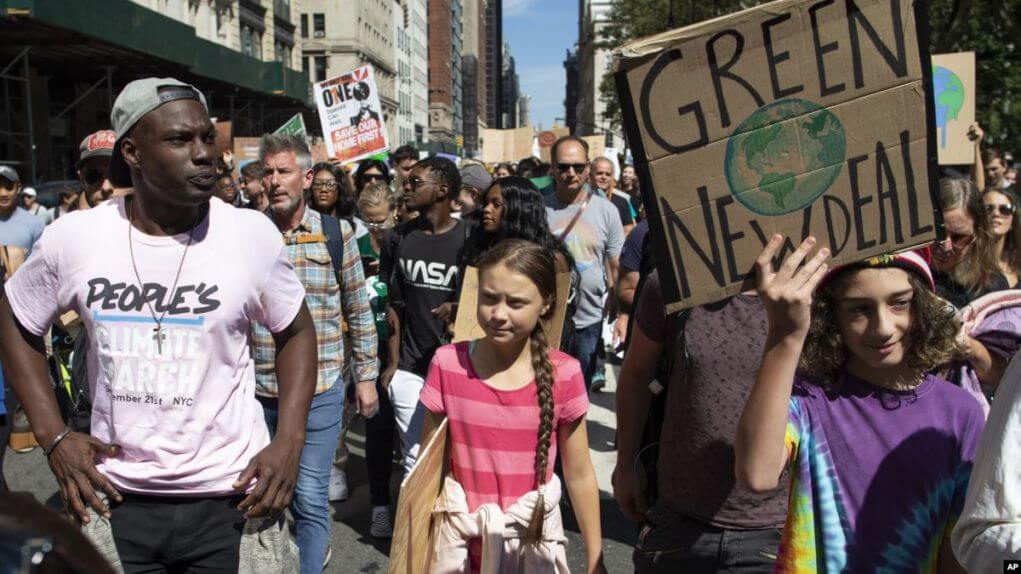What a clever move: At the upcoming Verdi collective bargaining round for public transport workers, the union is for the first time combining their situation with a highly topical general political issue: the climate crisis. The trade unionists’ idea is correct. If you want an ecological turnaround and therefore want a lot more buses and trains than today, you must also ensure that there are enough people who drive the vehicles. To do this, wages and working conditions must be significantly better than they are today.
Verdi wants to turn this primary trade union issue into a social one – and is therefore exactly right. Because if you want to do something about the climate crisis, you have to curb car traffic and make public transport more attractive – for users and employees.
The trade unionists’ strategy is promising. They are looking for cooperation with actors such as the students from Fridays for Future, who make the triangle of concerns climate protection – traffic turnaround – good working conditions their own. The time is right, not only because the climate crisis is currently receiving a lot of attention. For the first time, the union is able to strike in public transport nationwide because it has managed to terminate all collective agreements at the same time. This gives Verdi new power and a mobilization potential that makes the union interesting for activists from the climate movement.
The new alliance rightly demands that politicians quickly make more money available for local public transport. Because the many billions that were launched with the climate package and various funding programs block the view of the financial gaps that must now be filled and not only in a few years. It would be nice if other unions took an example from this new alliance and IG Metall, for example, spoke out in favor of a motorway speed limit.














